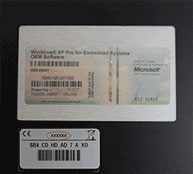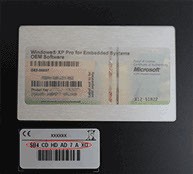Industrial computers have to endure a wide range of environments with some of them presenting pretty harsh conditions.
When picking an advanced industrial computer, consider the type of environment where it is going to be, especially with regard to dust penetration.
Fanless and Ventless PCs
Computers normally have fans and vents to supply air, but these components also facilitate penetration of dust into the system. This is why fanless and ventless PCs make for more suitable choices.
Fanless systems have improved air cooling technology to keep operating temperatures at optimal levels.
Vibration
Vibration and shock are two elements that determine the suitability of an advanced industrial computer.
A machine that has to operate in a factory with heavy machinery operations or has to travel long distances in a commercial vehicle must have the right build to withstand the vibration and shock that such operations generate.
Extreme Temperatures
Extreme temperatures can wreak havoc on internal components of a machine with low levels causing condensation and high ones leading to overheating of a system.
Understand that industrial PCs come with different temperature ratings that you have to consider when making a decision.
Machines with low operating temperatures have the capabilities to function in a setting that experiences extreme temperature fluctuations.
Space
Space is another aspect that should be part of your buying guide.
Carefully look at the industrial setting where the computer is going to be to see if it offers enough room.
Think about how many machines will have to share the same factory floor. You have to ensure that a computer has enough space for cooling, and don’t forget the hardware peripherals that may be necessary.
A small form factor in an advanced industrial computer is an ideal solution when dealing with space constraints.
Sources:
What Is the Advantage of a Fanless Computer?, smallbusiness.cron.com
What is IPC (Industrial PC)?, quora.com


